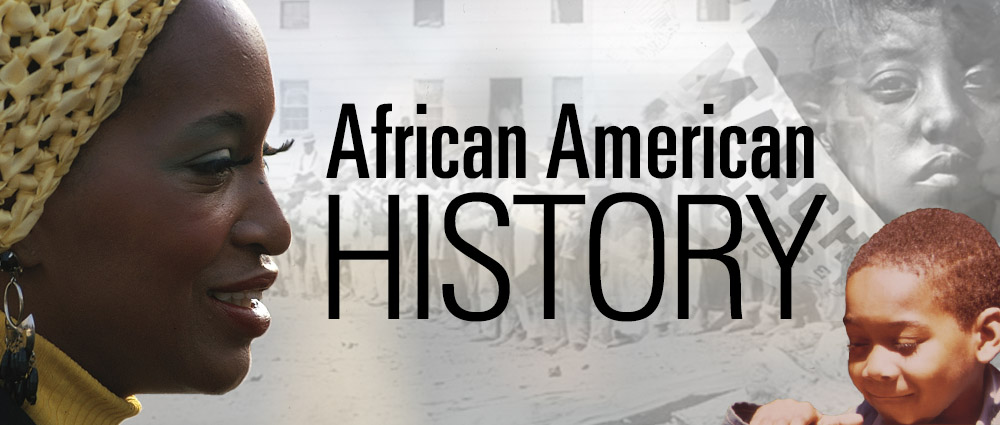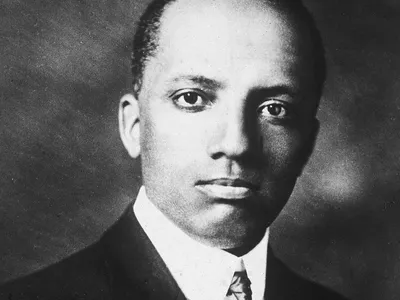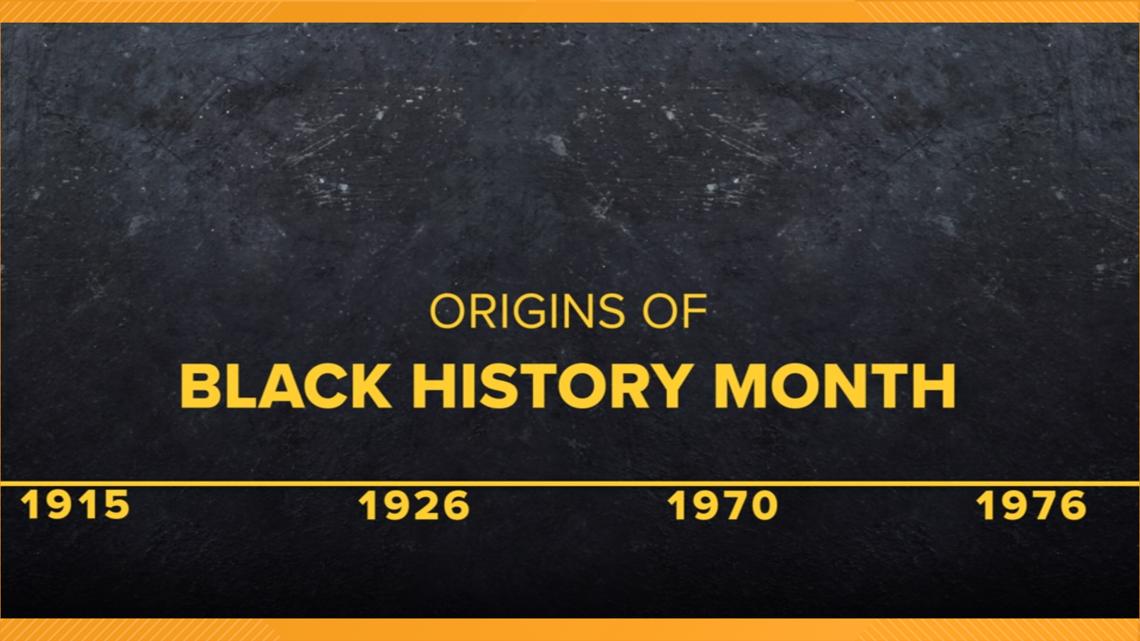In the rich mosaic of American history, one pivotal chapter unfolds every February — a month dedicated to celebrating the profound contributions, struggles, and resilience of African Americans. Black History Month, as it is now known, has a deep and meaningful origin story that traces back to the visionary efforts of Dr. Carter G. Woodson, a trailblazing African American historian, scholar, and educator.
The Birth of Negro History Week:
The inception of what would evolve into Black History Month occurred in 1926 when Dr. Woodson introduced “Negro History Week.” Placed during the second week of February to coincide with the birthdays of Abraham Lincoln and Frederick Douglass, this designated time aimed to spotlight the often-neglected achievements and narratives of African Americans.
Dr. Carter G. Woodson’s Visionary Pursuit:
Dr. Woodson’s vision was rooted in a desire to address the historical inaccuracies and omissions prevalent in educational curricula at the time. By dedicating a week to the recognition of African American contributions, he hoped to foster a deeper understanding of the black community’s journey, triumphs, and challenges.
Evolving into Black History Month:
Over the years, Negro History Week expanded in significance and scope. In 1976, President Gerald Ford officially recognized February as Black History Month, urging the nation to embrace the opportunity to honor the often-overlooked accomplishments of black Americans throughout history.
Themes and Celebrations:
Each Black History Month comes with a distinctive theme, offering a focal point for discussions, events, and educational initiatives. These themes often revolve around pivotal historical moments, influential figures, or contemporary societal issues, providing a framework for a nuanced exploration of African American contributions.
Educational Impact and Cultural Awareness:
Black History Month serves as a powerful catalyst for educational initiatives that extend beyond the confines of February. Educational institutions and communities leverage this dedicated time to delve into the intricacies of African American history, fostering a more comprehensive and accurate understanding of the nation’s diverse heritage.
As we embark on this annual journey of reflection, celebration, and education, Black History Month stands as a testament to the endurance and resilience of a community that has indelibly shaped the course of American history. It is not merely a historical observance but a living acknowledgment of the ongoing contributions of African Americans to the cultural, social, and political tapestry of the United States.





